As the 25th Anniversary of the signing of the Good Friday Agreement (10th April 1998) was being celebrated in Northern Ireland, we reflected on what sort of impact the GFA has had on the construction industry, infrastructure and building developments during that period.
Twenty five years on, memories are somewhat dimmed, although of course we have the Derry Girls to thank for the recent refresher, or in the case of the younger reader, a tongue in cheek look back (history lesson) over that momentous period in the North’s history.
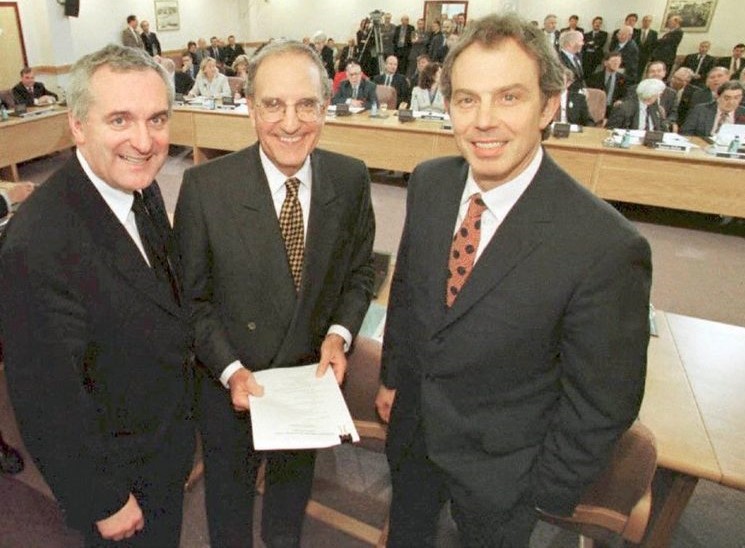
Rome wasn’t built in a day
Of course, come the 11th of April 1998, we didn’t suddenly see cranes being erected across Northern Ireland. Indeed, with planning, logistics and all the other requirements for large-scale building projects, it was well into the 2010’s before we started to see major developments come on stream.
One of the first projects to offer an insight into things to come, was the transformation of the former Ulster Bank building in Belfast into The Merchant Hotel. This redevelopment began in 2003 with the hotel opened in 2006, followed by a further £16.5 million extension in 2010, bringing this landmark building up to luxury five-star standard.
In the decade that followed the pace of building and redevelopment really took off.
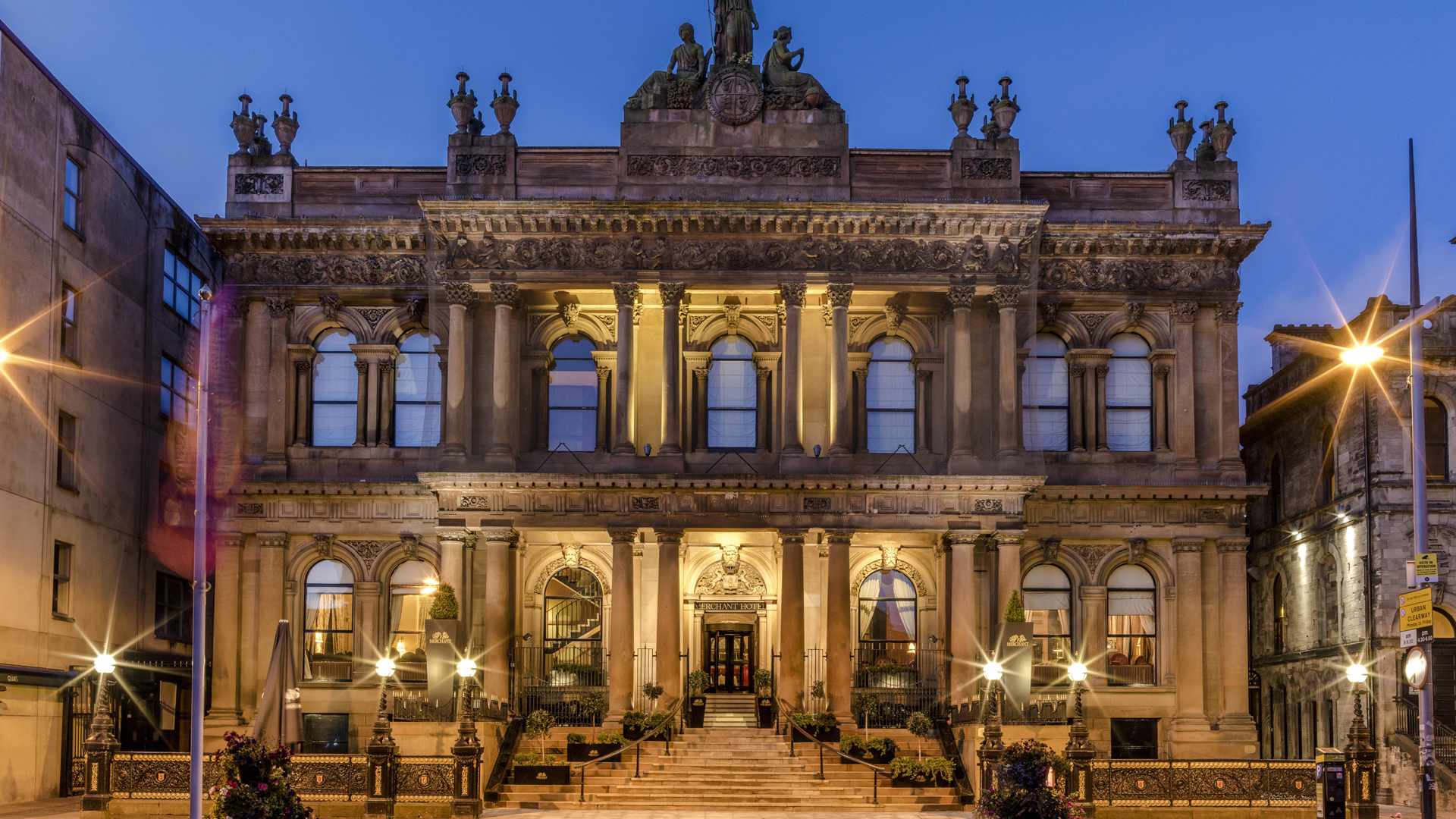
Major Projects carried out since the signing of the Good Friday Agreement
Northern Ireland has undergone significant infrastructural and building developments in the last 25 years. Here are some of those landmark projects:
Titanic Belfast: Opened in 2012, Titanic Belfast is an award-winning tourist attraction and museum dedicated to the RMS Titanic. The building is designed to look like the ship's hull and is one of the most visited tourist destinations in Northern Ireland.
Victoria Square: This shopping and leisure complex opened in 2008 in the centre of Belfast. The Victoria Square's ionic centrepiece is a glass dome, which offers visitors panoramic views of the city.
The MAC: The Metropolitan Arts Centre (MAC) opened in 2012 in Belfast. The building is a contemporary arts venue that hosts exhibitions, music, and theatre performances.
The Peace Bridge: Opened in 2011, the Peace Bridge is a pedestrian and cycle bridge that spans the River Foyle in Derry. The bridge has become a symbol of unity and reconciliation in the city.
Giant's Causeway Visitor Centre: This visitor centre opened in 2012 and is located at the Giant’s Causeway UNESCO World Heritage Site. The building's design is inspired by the basalt columns of the Causeway.
Ulster Museum: The Ulster Museum underwent a significant refurbishment and expansion in 2009. The museum houses a vast collection of art, history, and natural sciences.
SSE Arena: Formerly known as the Odyssey Arena, the SSE Arena is a modern indoor arena that opened in 2000. Located in the Titanic Quarter of Belfast, the arena has hosted numerous concerts, sporting events, and exhibitions.
Craigavon Bridge: The Craigavon Bridge in Derry underwent a significant refurbishment in 2020. The bridge, originally built in 1933, is a historic landmark and an essential transportation link in the city.
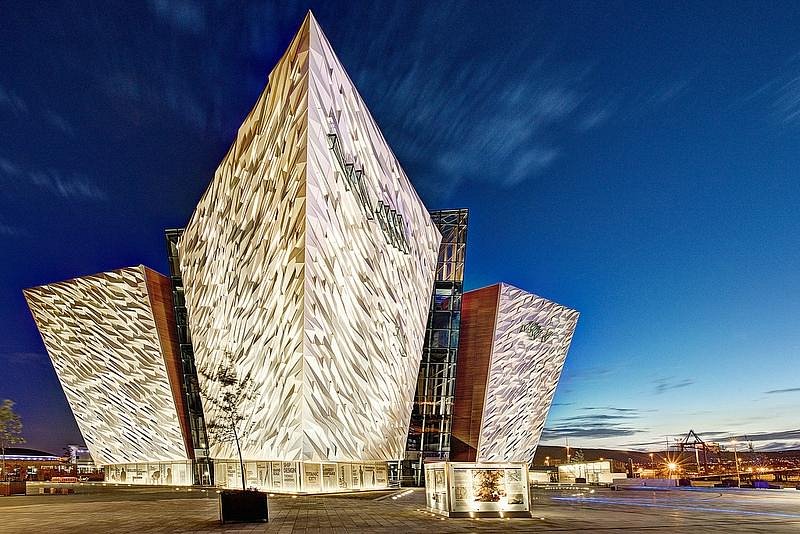
Other historic building redevelopments undertaken since the Good Friday Agreement was signed
There have been several historic buildings in Northern Ireland that have undergone significant redevelopment since the signing of the agreement. Here are some examples:
Crumlin Road Gaol: The Crumlin Road Gaol in Belfast operated as a prison from 1845 to 1996. It has since been converted into a tourist attraction and conference centre. The redevelopment of the Gaol began in 2011 and was completed in 2013.
Ebrington Barracks: This former military base in Derry was originally opened in 1841. Gifted to the Executive Office, under the Reinvestment and Reform Initiative in 2001, for redevelopment into a cultural and events space. The work began in 2009 and was completed in 2011.
The Grand Central Hotel: This historic building in Belfast dates back to 1893. It was redeveloped and reopened as a luxury hotel in 2018.
Ulster Hall: The Ulster Hall in Belfast is a concert hall built in 1862. It underwent a significant refurbishment in 2009, which included the restoration of its historic organ.
Guildhall: The Guildhall in Derry is a historic building that has served as the city's seat of government since 1890. It underwent a major refurbishment in 2012, which included the restoration of its clock tower and its iconic clock modelled on London’s Big Ben.
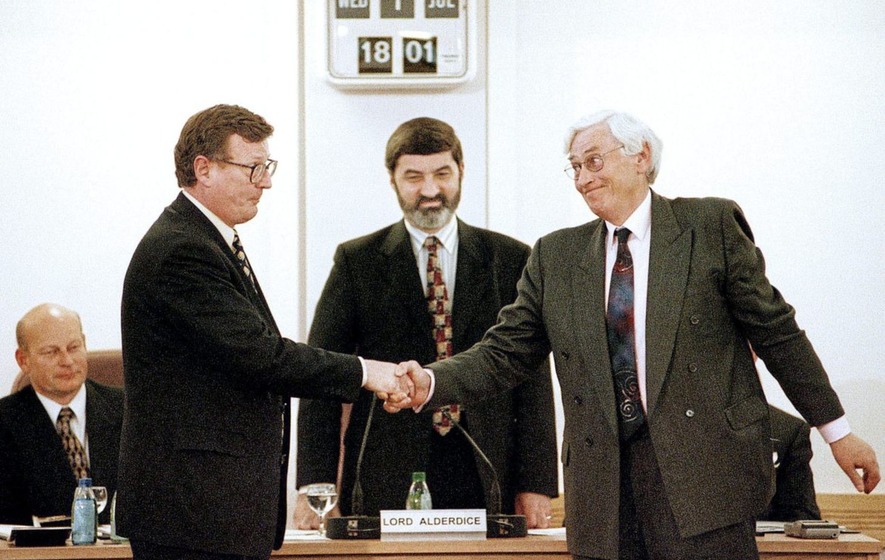
Sporting Venues and the Good Friday Agreement
There have also been several notable redevelopments of sporting venues in the North since the signing of the Good Friday Agreement. These include:
Windsor Park: Windsor Park football stadium, located in Belfast, underwent a major redevelopment between 2014 and 2016, which included the construction of new stands, increasing the stadium's capacity to over 18,000.
Ravenhill Stadium: The Stadium (now rebranded as Kingspan Stadium) is the home of Ulster Rugby and is also located in Belfast. It underwent a significant redevelopment between 2010 and 2014, which included the construction of new stands, increasing the stadium's capacity to over 18,000.
Casement Park: Situated in West Belfast, Casement Park is the Gaelic Athletic Association’s (GAA) main stadium in Northern Ireland. After years of technical and political delays, it is currently awaiting major redevelopment, which will see the construction of a new stadium with a capacity of over 34,000. It has been included in the successful bid for hosting UEFA Euro 2028, alongside Croke Park, as the Irish venues for the Championship.

What kind of impact on the NI construction industry have these post Good Friday Agreement developments had?
The level of development and redevelopment projects in Northern Ireland in the last 25 years has had a significant impact on jobs in the construction industry. The construction sector has been a major contributor to the Northern Ireland economy, and the increase in infrastructure and building projects has created a high demand for skilled workers.
According to data from the Northern Ireland Statistics and Research Agency (NISRA), employment in the construction industry in Northern Ireland has seen a significant increase in recent years. In 2010, there were around 48,800 jobs in the construction industry in Northern Ireland, which rose to approximately 60,000 in 2020, representing an increase of around 23%.
The increase in construction jobs has had a positive impact on the wider economy, as it has created more opportunities for workers and businesses. The construction sector also supports a range of other industries, including manufacturing, transport, and professional services.
Overall, the level of development and redevelopment projects in Northern Ireland has had a positive impact on the construction industry, creating jobs and contributing to economic growth. And despite the downturn precipitated by the COVID-19 pandemic, a return to normal levels of construction is well under way in Northern Ireland.
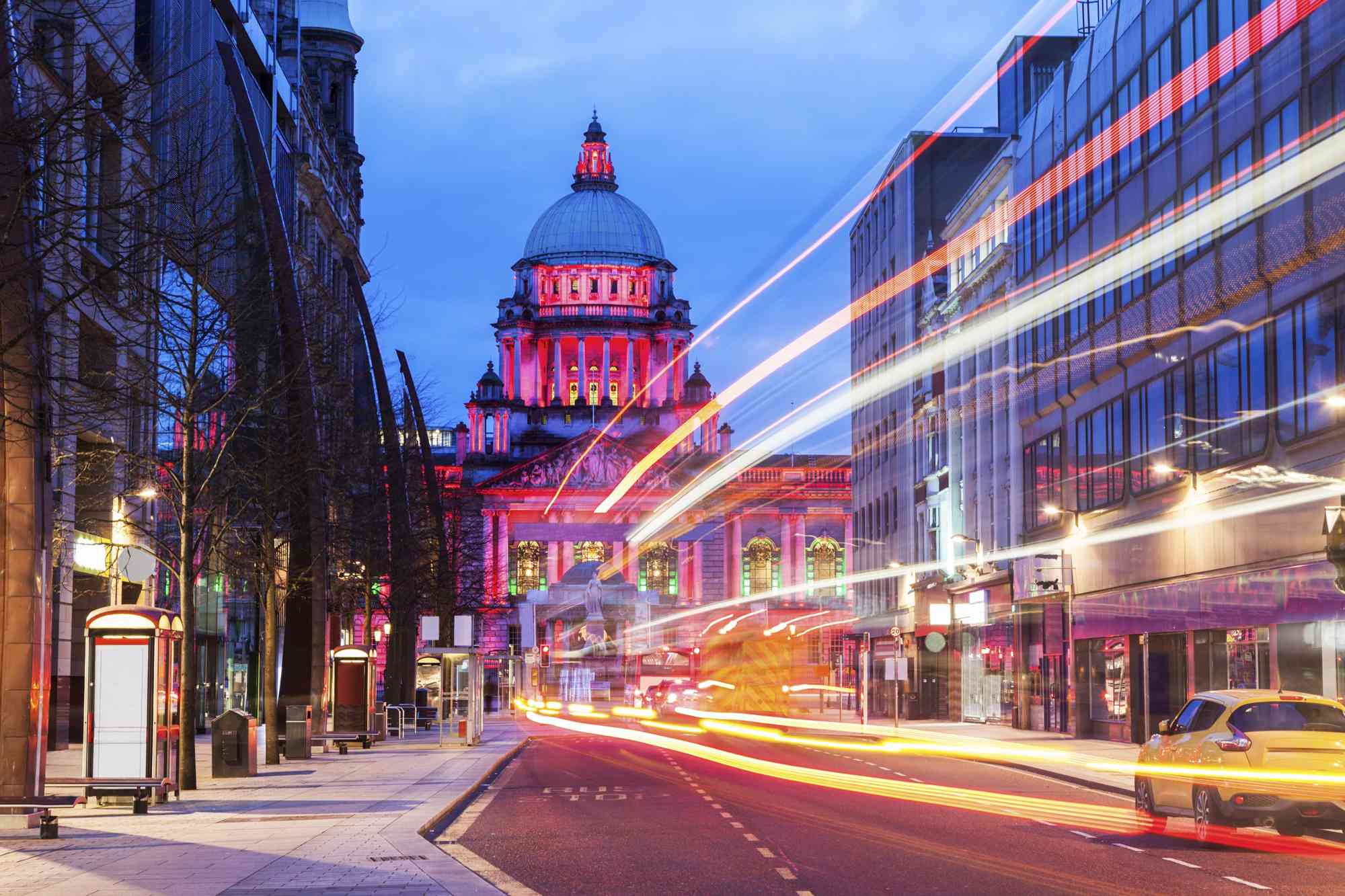
Has the Good Friday Agreement delivered on the concept of the “peace dividend”?
The concept of the "peace dividend" in relation to buildings and construction in Northern Ireland is an important one. The term referred to the potential economic benefits that could result from the ending of the conflict in Northern Ireland, including increased investment in infrastructure and building projects.
Two quotes from the time offer insight into the hopes and aspirations of those involved in the process.
The peace dividend in Northern Ireland is the chance to build a better society, to create a more prosperous economy, and to heal the wounds of the past.
Tony Blair, former Prime Minister of the UK
The peace dividend in Northern Ireland is not just about bricks and mortar, it's about the opportunities that peace can bring.
Martin McGuinness, former Deputy First Minister of Northern Ireland
Whereas there can be some warranted scepticism around progress in areas, like the levels of prosperity created across society in Northern Ireland and the ongoing political divides, when in comes to infrastructure and building developments, the GFA has indeed had a significant positive impact.
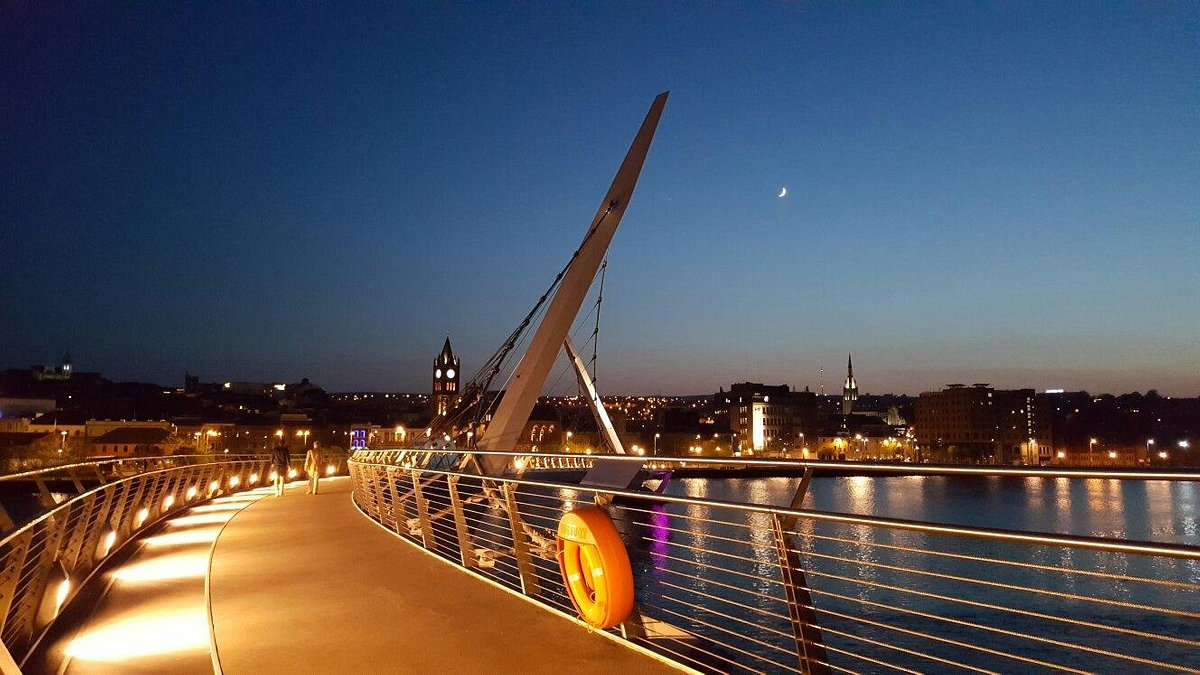
The Pathway Ahead
With the implementation of the Windsor Framework and the unique opportunities created for Northern Ireland as a result, hopefully the next 25 years will bring many more positive developments, as the Construction Industry continues to provide jobs and improved infrastructure, and helps reshape the new Northern Ireland.
If you are looking for information on work opportunities, or training resources within the construction industry in Northern Ireland, please chat to any of the 3D Team in our Belfast or Derry offices.
For information on what qualifications you will need to work in construction jobs in Northern Ireland, the UK, or Ireland have a read of our 3D Guide
Read also our article on WorkForce Training Services in Northern Ireland









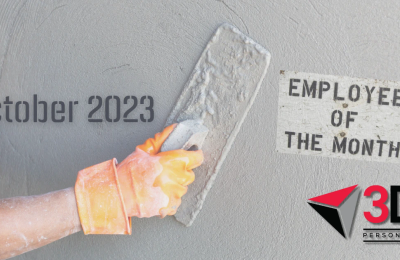


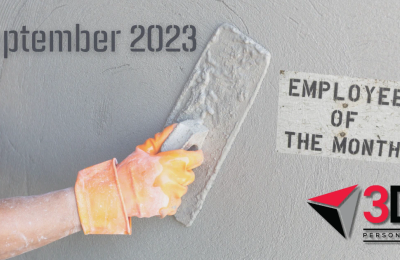
LIVE NEWSFEED